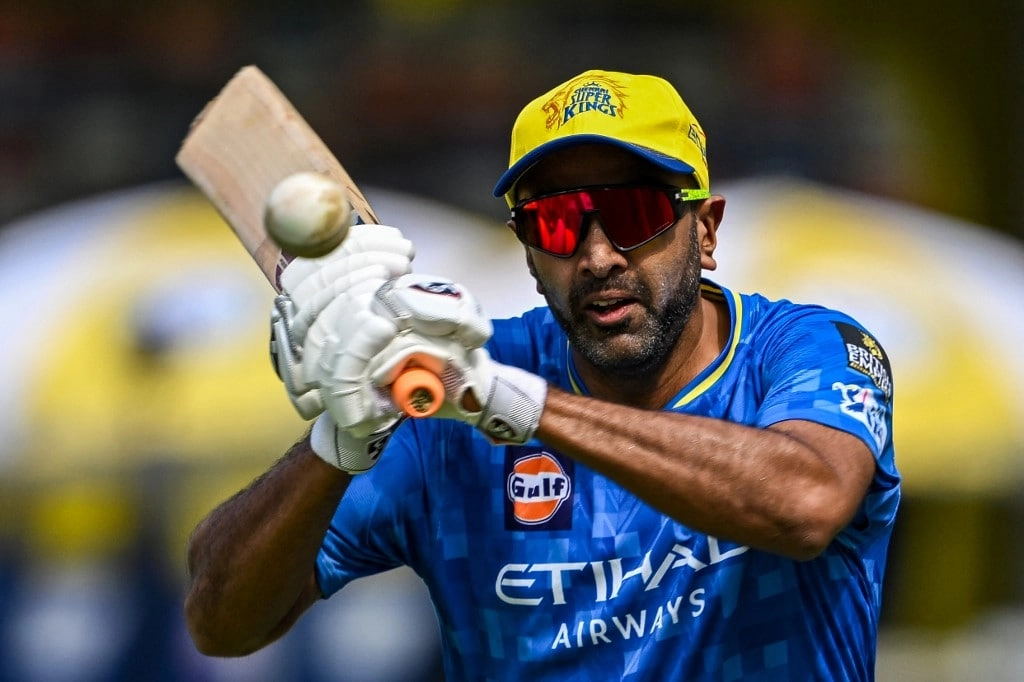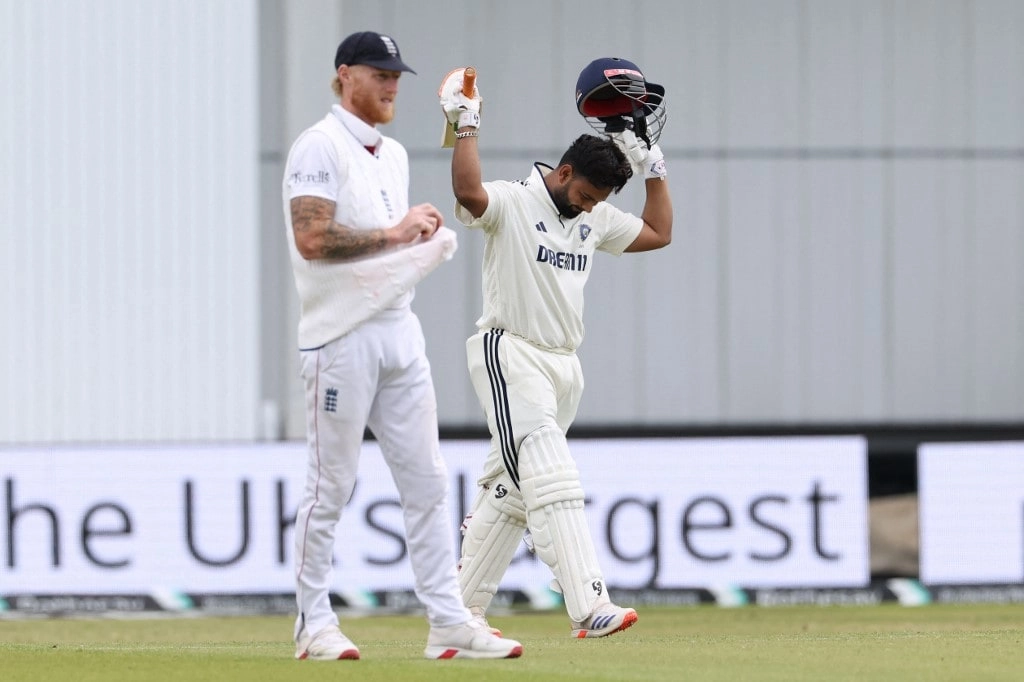In a recent statement, renowned cricketer Ravichandran Ashwin addressed the criticism directed towards him regarding his performance and conduct in the Indian Premier League (IPL) 2025. Ashwin, known for his candidness and strong opinions, expressed his views on the backlash he has received, labeling it as “venom.” His comments highlight a broader conversation about the nature of criticism in sports, particularly in high-pressure tournaments like the IPL, where emotions frequently run high and expectations are sky-high.
Ashwin emphasized that the criticism often stems from a place of misunderstanding and miscommunication. He suggested that fans and commentators sometimes fail to see the complexities of a player’s experience on the field. The pressure to perform well in the IPL is immense, and players are consistently scrutinized not just for their performance but also for their demeanor and decisions during the game. Ashwin believes that this level of scrutiny can lead to unjust and harsh judgments, which he describes as a form of venom that can be detrimental to the players’ mental health and overall well-being.
Furthermore, Ashwin called for a more empathetic approach from fans and analysts alike. He urged them to consider the hard work, dedication, and mental fortitude required to compete at such a high level. By framing the criticism as “venom,” he underscores the toxic nature that can sometimes permeate sports discussions, which can discourage players from expressing themselves authentically. Instead of fostering a culture of support and constructive feedback, relentless criticism can create an environment of fear and anxiety, hindering players’ performances.
In conclusion, Ashwin’s remarks serve as a reminder of the complex relationship between athletes and their audiences. While performance is a critical aspect of any sport, it is equally important to acknowledge the human element behind the statistics. By fostering a more understanding and supportive environment, the cricket community can help players thrive, both on and off the field. As Ashwin continues to navigate the challenges of professional cricket, his call for a shift in perspective could serve as a catalyst for change in how players are perceived and treated in the world of sports.




